.jpg)
For Bangladeshi patients exploring alternative treatments, type 1 diabetes stem cell therapy in India offers a promising optionthanks to India’s growing network of regenerative medicine clinics, skilled endocrinologists, and comparatively accessible treatment plans.
These clinics often employ advanced techniques such as mesenchymal stem cells derived from umbilical cord tissue, combined with comprehensive care protocols aimed at improving insulin sensitivity and reducing inflammation.
Key Takeaways
-
Cost Advantage: Stem cell therapy packages for Diabetes in India are highly affordable, ranging from $5,000 – $12,000 USD (approx. ?4,15,000 – ?9,95,000 INR), representing savings of 60–80% compared to Western nations.
-
Target Condition: This treatment is primarily utilized as a therapy for Type 1 Diabetes (Juvenile Diabetes), aiming for immune modulation and potential Beta Cell regeneration, not just blood sugar control.
-
Accessibility & Logistics: India is the most accessible medical hub for Bangladeshi patients, with seamless air, rail, and road links (e.g., Dhaka to Kolkata/Delhi) and straightforward Medical Visa procedures.
-
Safety Standards: Treatment is available at JCI-accredited hospitals, ensuring high international standards for cell preparation and application.
Understanding Stem Cell Therapy for Type 1 Diabetes
Stem cell therapy for Type 1 Diabetes aims to correct the autoimmune attack on the pancreas and promote tissue regeneration.
Type 1 Diabetes (T1D) is an autoimmune condition where the body's immune system mistakenly destroys the insulin-producing Beta cells in the pancreas. Traditional treatment focuses only on replacing the missing insulin. Regenerative medicine, particularly using Mesenchymal Stem Cells (MSCs), addresses the underlying cause.
How MSCs Work for T1D: Dual Action
-
Immune Modulation: When infused intravenously, MSCs act like biological peacekeepers. They regulate the hyperactive immune cells (T-cells) that are attacking the pancreas, effectively calming the autoimmune response. This is called immunosuppression and is essential to preserve any remaining beta cells.
-
Regeneration: MSCs release trophic factors (growth signals) that encourage the repair of damaged tissue and may promote the differentiation of native stem cells into new, insulin-producing cells.
The Indian Protocol: Cell Source and Administration
India stem cell therapy clinics for Type 1 diabetes utilize both patient-derived and donor-derived cells, tailored to the patient's age and disease status.
1. Cell Sources
-
Autologous (Patient's Own): Stem cells harvested from the patient's own Bone Marrow (BMC) or Adipose (Fat) tissue. This is often preferred for older patients.
-
Allogeneic (Donor): Stem cells derived from ethically sourced Umbilical Cord Blood/Tissue. These younger cells are highly potent and immune-privileged, making them ideal for younger patients or those requiring a high cell dose.
2. Administration
Stem cells are usually administered via Intravenous (IV) Infusion. In some specialized protocols, cells may be injected into the area near the pancreas (intra-pancreatic injection) under imaging guidance.
Cost Comparison: India vs. Global Alternatives
India offers significant financial relief for Bangladeshi families seeking advanced treatment without compromise on quality.
When considering this therapy, it’s crucial to understand the cost of type 1 diabetes stem cell therapy in India: while it is generally more affordable than equivalent treatments in many Western countries, the price still reflects the complexity of the procedure, lab standards, and follow-up care.
|
Destination |
Treatment Protocol |
Est. Cost (USD) |
Est. Cost (BDT) |
Notes |
|---|---|---|---|---|
|
India |
IV Infusion Package (MSCs) |
$5,000 – $12,000 |
?5,50,000 – ?13,20,000 |
Includes cell processing & hospital fees. |
|
Bangladesh |
Standard Insulin/Symptom Management |
Varies (Continuous cost) |
N/A |
Regenerative protocols are scarce/not standardized. |
|
USA/Europe |
Clinical Trial / Private Treatment |
$40,000 – $100,000+ |
?44,00,000+ |
Prohibitively expensive out-of-pocket costs. |
|
Thailand |
MSC Therapy Package |
$8,000 – $20,000 |
?8,80,000 – ?22,00,000 |
Higher travel cost than India. |
Logistics: Traveling from Bangladesh to India
1. Medical Visa (IV)
Bangladeshi citizens require a Medical Visa (IV) to receive planned treatment in India.
-
Key Requirement: A Medical Invitation Letter from a recognized Indian hospital. This letter must specify the patient’s name, passport number, and treatment plan.
-
Attendants: The patient can be accompanied by up to two close family members on a separate Medical Attendant Visa (Attendant Visa).
-
Processing: Applications are submitted through IVAC (Indian Visa Application Centre) in Bangladesh.
2. Travel & Comfort
-
Flights: Frequent, short flights from Dhaka (DAC) to Kolkata (CCU) or Delhi (DEL). Kolkata is often preferred for cultural and linguistic comfort.
-
Language: Most large hospitals have staff fluent in Bengali (Bangla), or a shared language like Hindi or English, ensuring seamless communication.
Candidate Selection and Expected Outcomes
Stem cell therapy works best for patients diagnosed early, ideally before the total destruction of all Beta cells.
Ideal Candidate Profile
-
Recent Diagnosis: Patients who have been diagnosed with T1D within the last 1-5 years.
-
Remaining Beta Function: Patients who still show some measurable C-peptide production (indicating some native insulin production).
-
Age: Younger patients generally show better regenerative capacity.
Expected Outcomes (Not a Guarantee)
-
Reduced Insulin Dependency: Patients often see a decrease in the required daily insulin dosage.
-
Improved HbA1c: Better, more stable long-term blood sugar control.
-
Improved Quality of Life: Reduction in secondary complications like neuropathy (nerve pain) or fatigue.
Frequently Asked Questions (FAQ)
Is stem cell therapy for T1D legal in India? Stem cell treatment for diabetes falls under the category of "Investigational Treatments" in India. Reputable, accredited hospitals offer these therapies under strict ethical and institutional oversight, following ICMR guidelines. Patients must sign a comprehensive informed consent form acknowledging the experimental nature.
How long do I need to stay in India for the treatment? A typical initial course of treatment requires a stay of 5 to 10 days. This includes diagnostic tests, cell administration, and a short observation period. Follow-up treatments may be recommended periodically.
Does this replace insulin completely? Stem cell therapy is currently a supportive treatment, not a magic bullet. While some patients may achieve insulin independence temporarily, the goal is primarily to stabilize blood sugar, reduce complications, and decrease the daily reliance on external insulin.
Which Indian cities are best for this treatment? New Delhi/Gurgaon, Mumbai, and Chennai are known for having JCI-accredited hospitals with dedicated hematology/regenerative medicine departments that cater to international patients.
Ready to Explore Your Options?
PlacidWay specializes in coordinating complex regenerative treatments for Bangladeshi patients in India.
We assist with:
-
Doctor Review: Connecting you with endocrinologists specializing in regenerative medicine.
-
Visa Guidance: Securing the crucial Medical Invitation Letter.
-
Logistics: Arranging travel, accommodation, and hospital admissions.


.jpg)
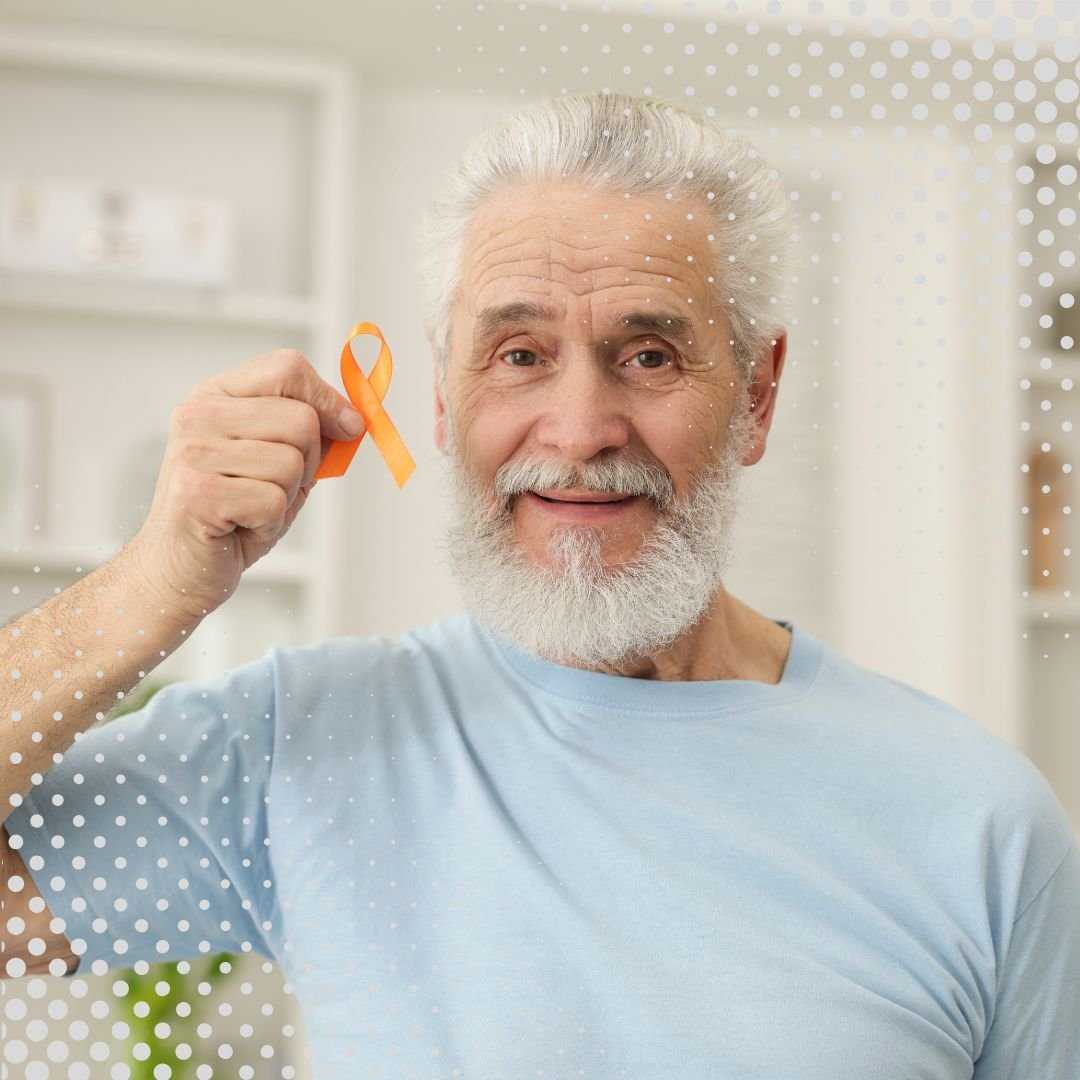
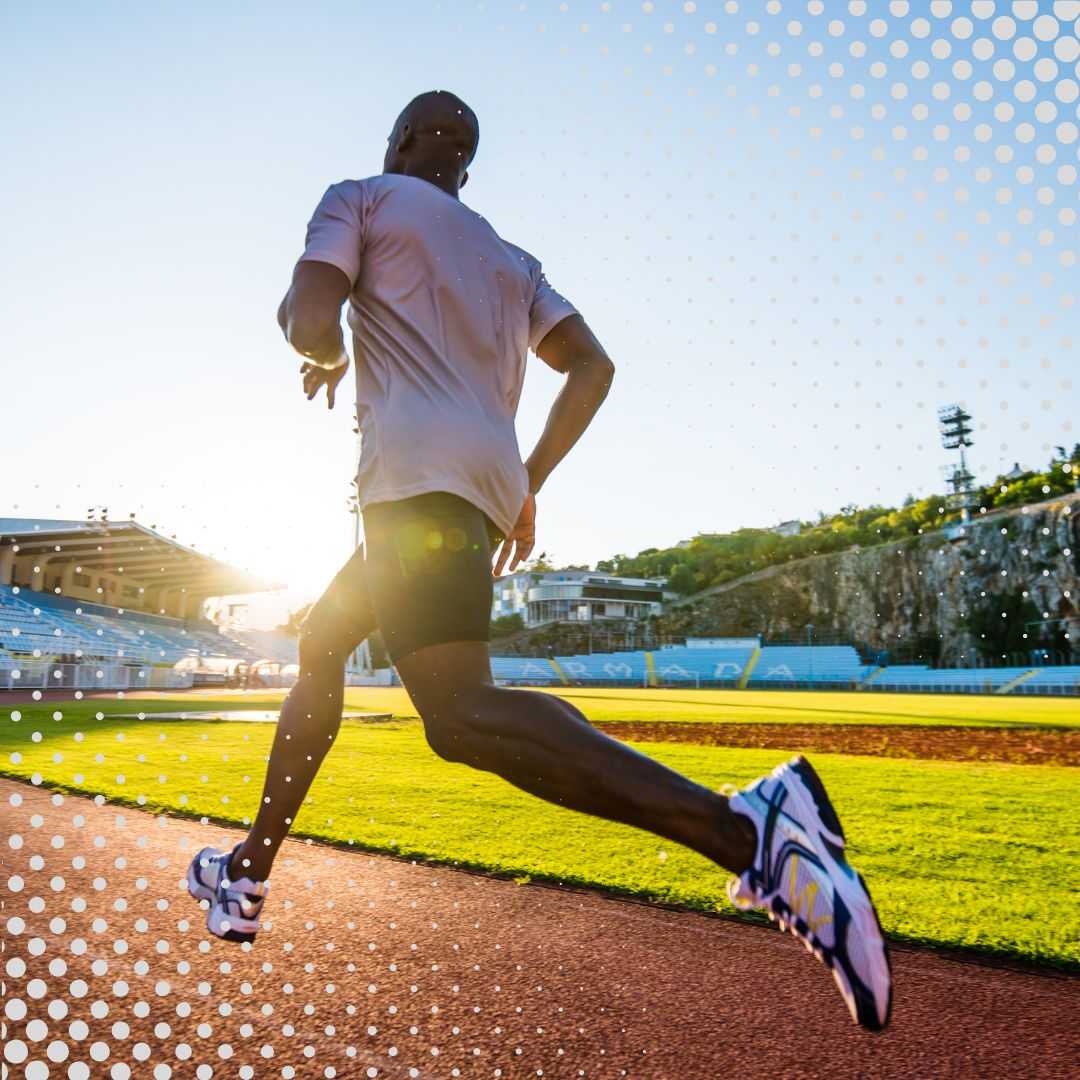
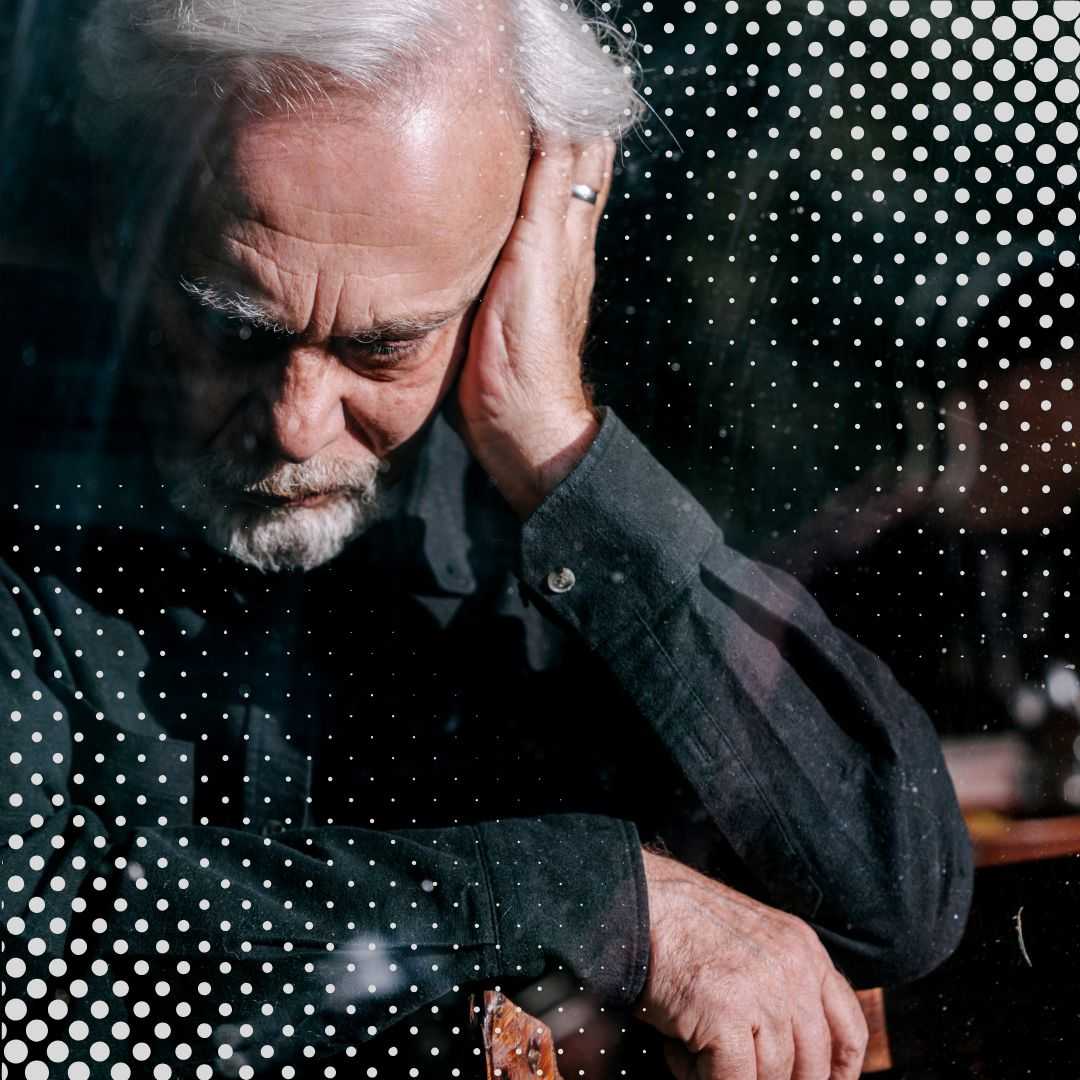
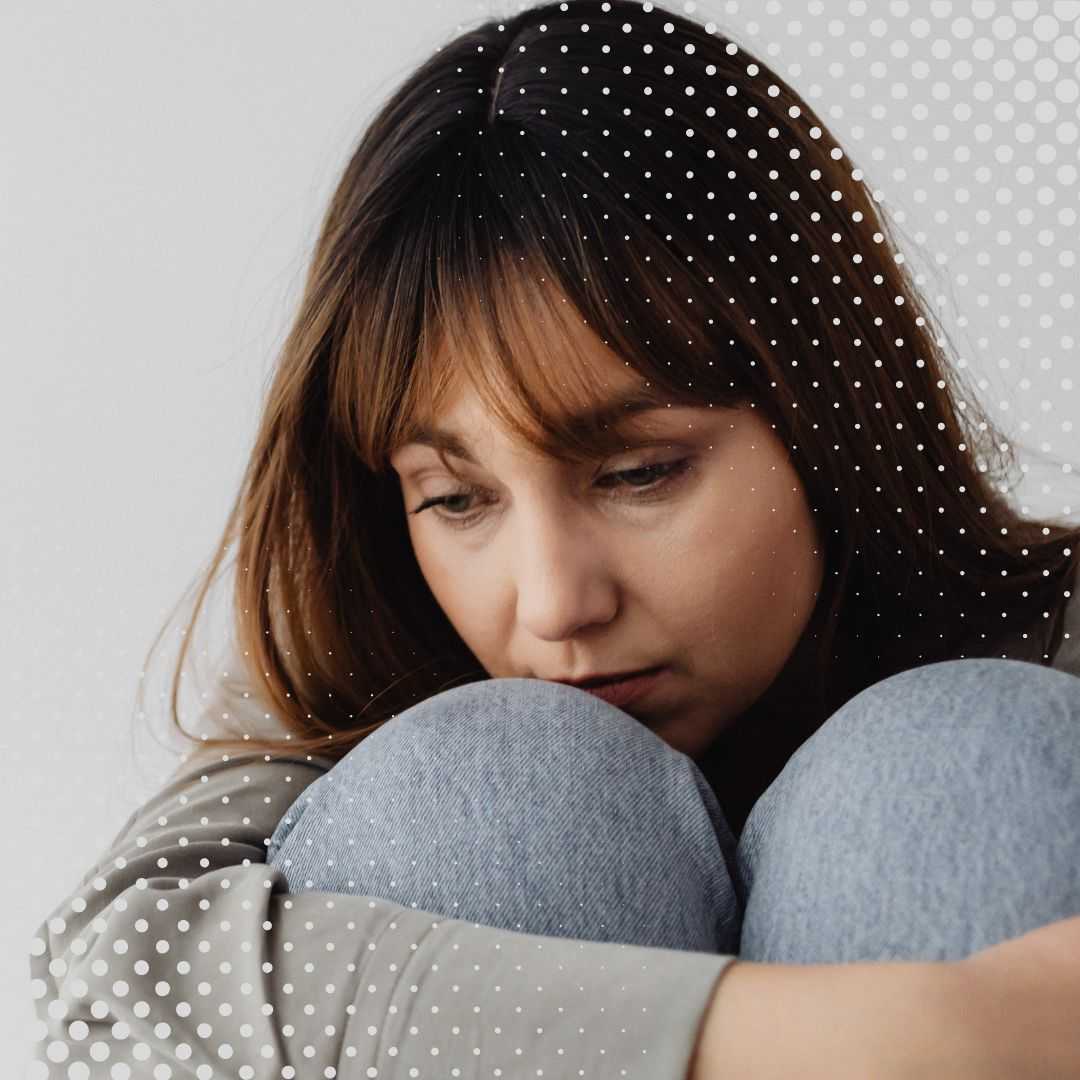
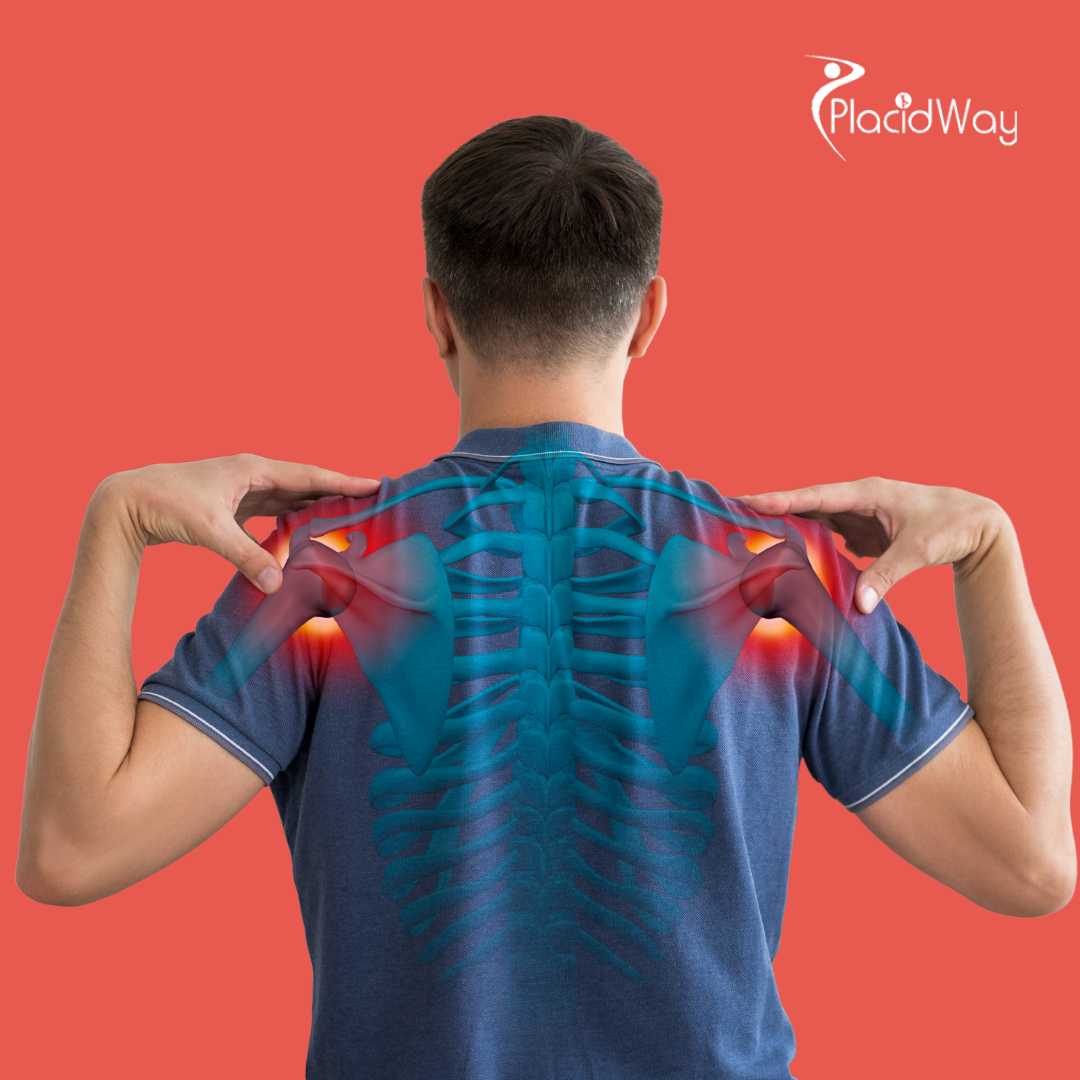
-(1).png)

.png)
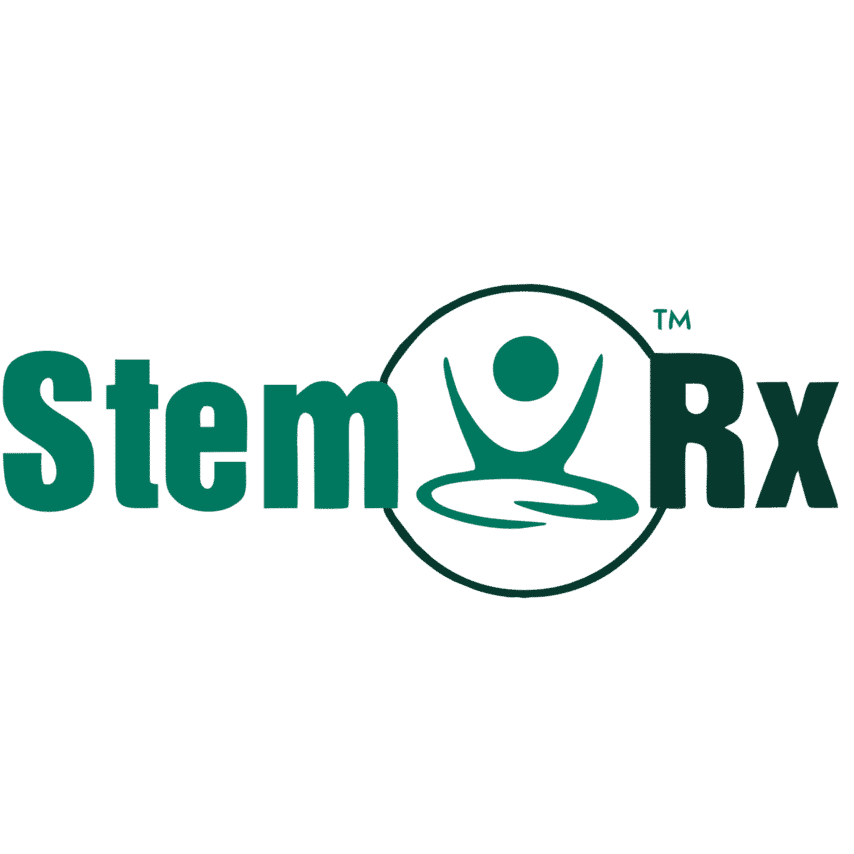
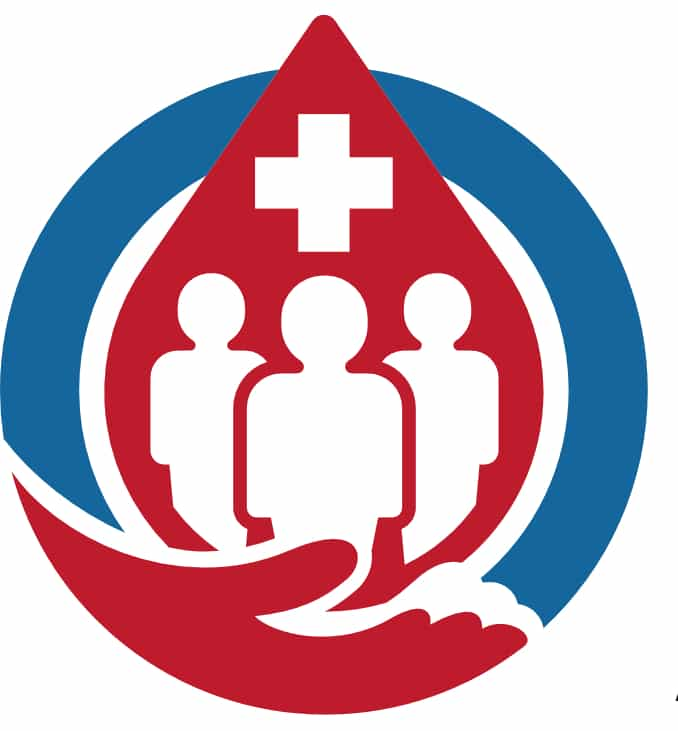
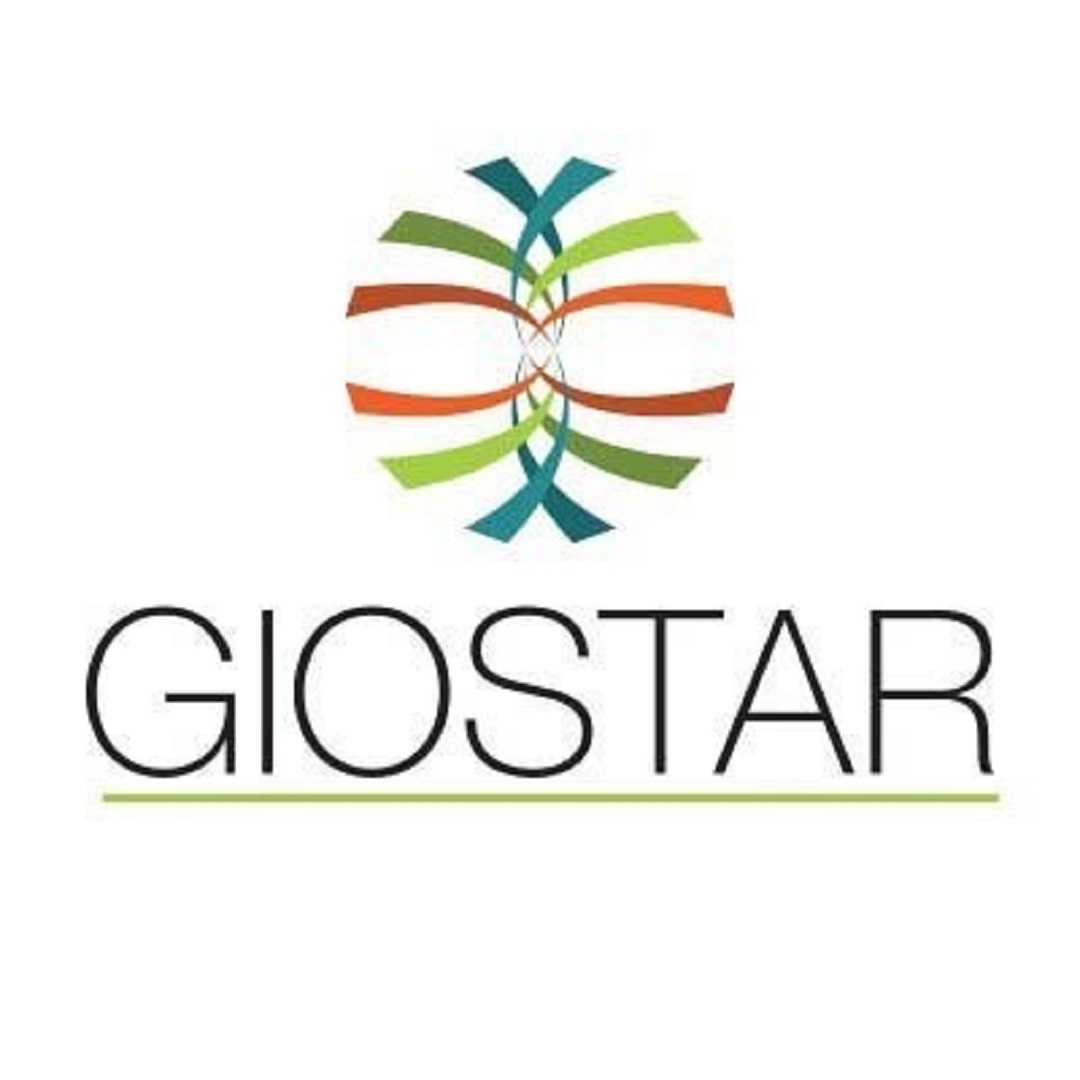
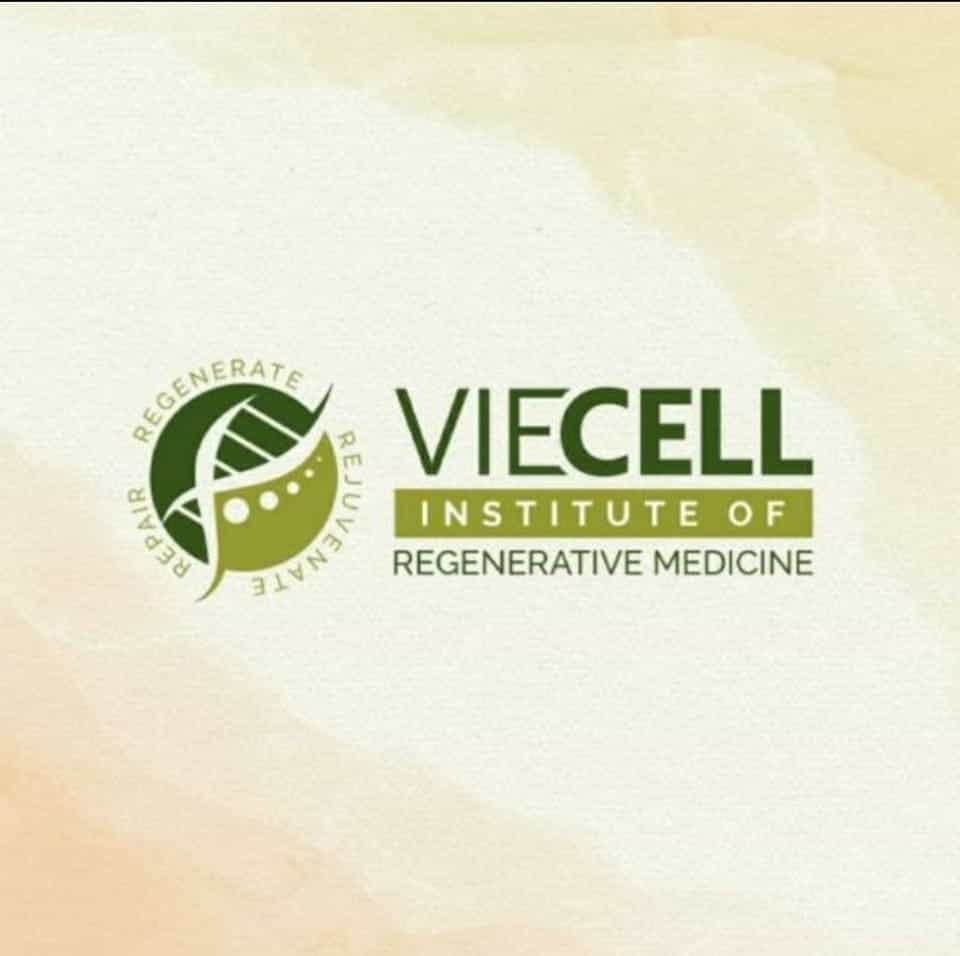
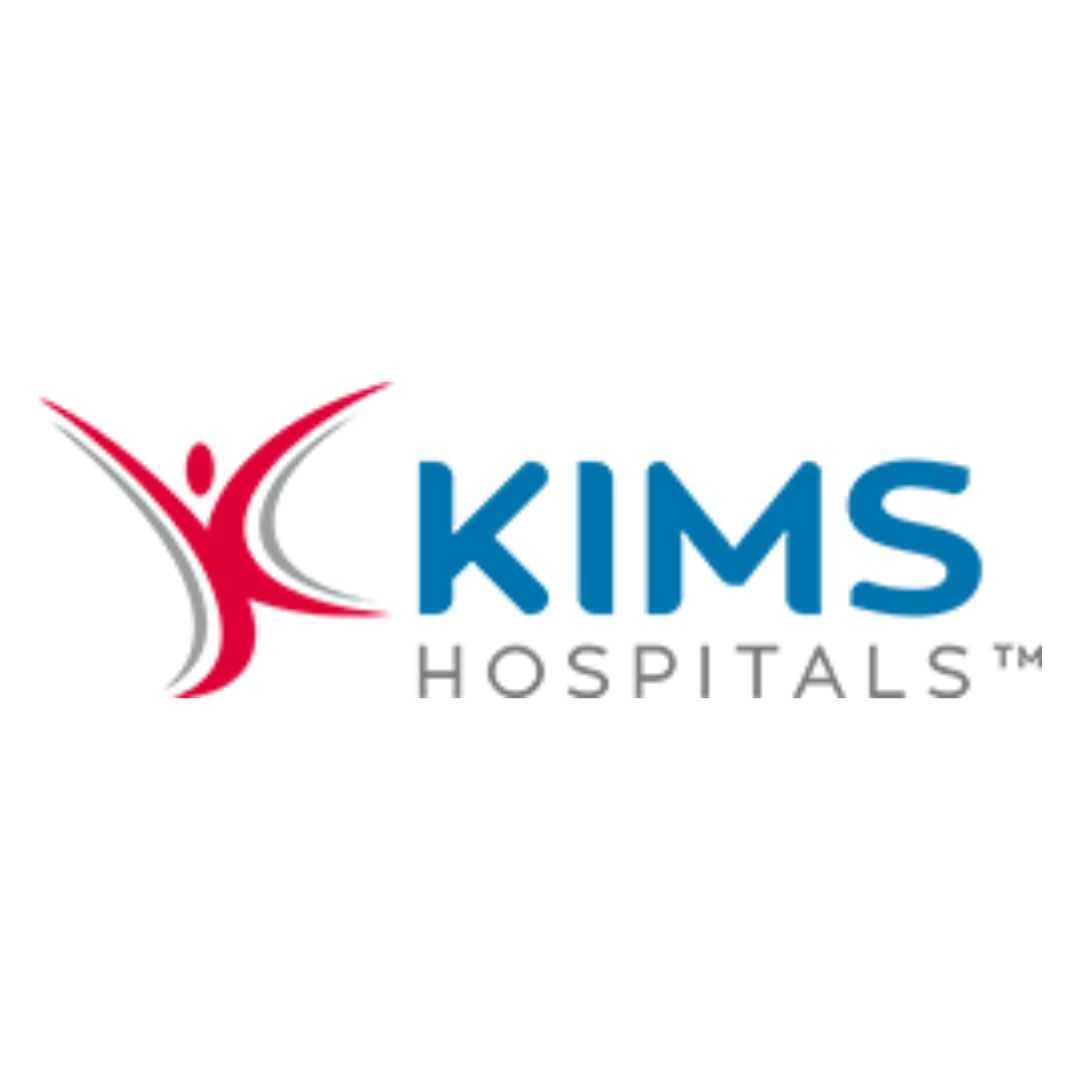

Share this listing